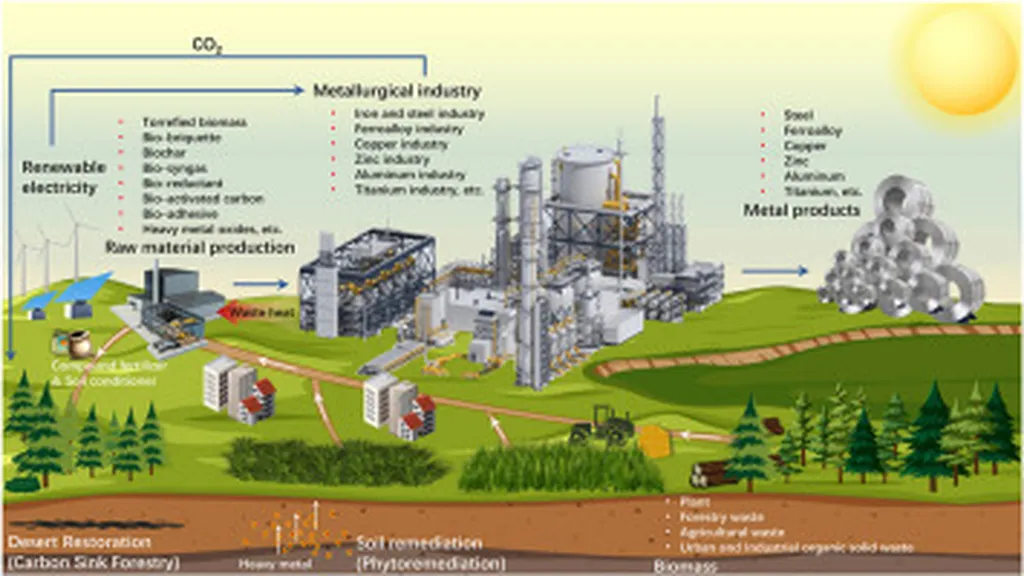In the quest to reduce the environmental impact of the construction industry, researchers have turned to an unlikely source: waste from the metallurgical industry. A recent study published in the journal *Resources* (translated from Spanish) explores the potential of tundish deskulling waste (TUN) as a key ingredient in producing magnesium phosphate cement (MPC)-based mortars. This innovative approach not only addresses the pressing need for sustainable construction materials but also aligns with the principles of a circular economy.
The lead author of the study, Anna Alfocea-Roig from the Department of Materials Science and Physical Chemistry at the University of Barcelona, explains, “The cement industry is one of the most significant contributors to greenhouse gas emissions and energy consumption. Our research aims to mitigate this impact by developing alternative mortars using secondary sources.”
The study focuses on the development of mortars with varying water/cement ratios using MPC formulated with TUN as a source of magnesium oxide (MgO). The results revealed that a water/cement ratio of 0.55 was optimal for MPC-TUN mortars, achieving the highest compressive strength after 28 days of curing and forming a stable K-struvite matrix. Additionally, the research demonstrated the effectiveness of aluminum sulphate in preventing efflorescence caused by carbonates.
The implications of this research are significant for the construction industry. By utilizing waste from the metallurgical industry, the study offers a sustainable solution that reduces the environmental footprint of construction materials. As Alfocea-Roig notes, “The development of alternative masonry mortars represents a significant stride towards advancing the principles of a circular economy, in alignment with the objectives laid out in the 2030 roadmap.”
The commercial impacts of this research are also noteworthy. The energy sector, in particular, stands to benefit from the development of sustainable construction materials that reduce greenhouse gas emissions and energy consumption. As the demand for environmentally friendly building materials continues to grow, the adoption of MPC-TUN mortars could become a key strategy for companies looking to reduce their environmental impact and meet regulatory requirements.
The study published in *Resources* highlights the potential of tundish deskulling waste as a valuable resource for producing sustainable construction materials. By leveraging the principles of a circular economy, the research offers a promising solution for reducing the environmental impact of the construction industry and advancing the goals of the 2030 roadmap. As the energy sector continues to prioritize sustainability, the adoption of MPC-TUN mortars could play a crucial role in shaping the future of construction materials.

